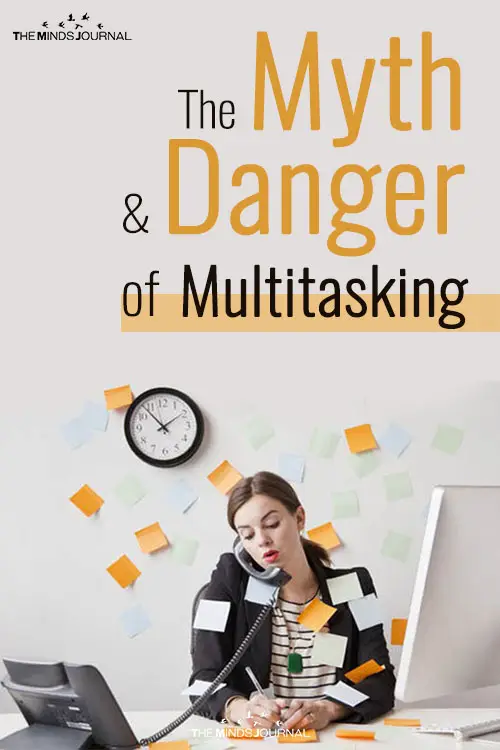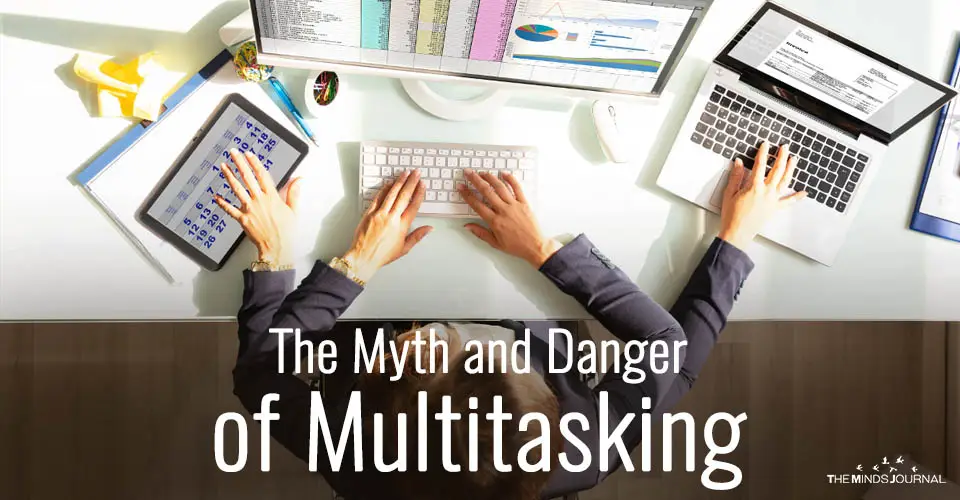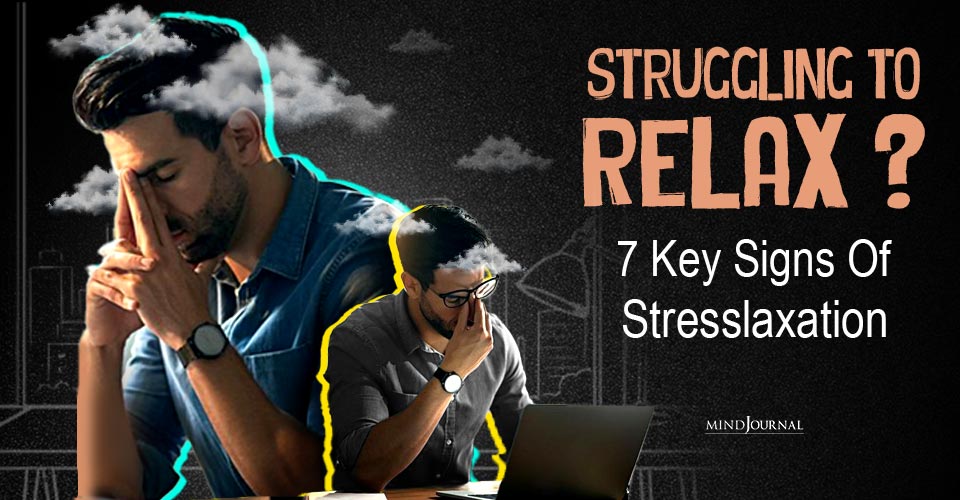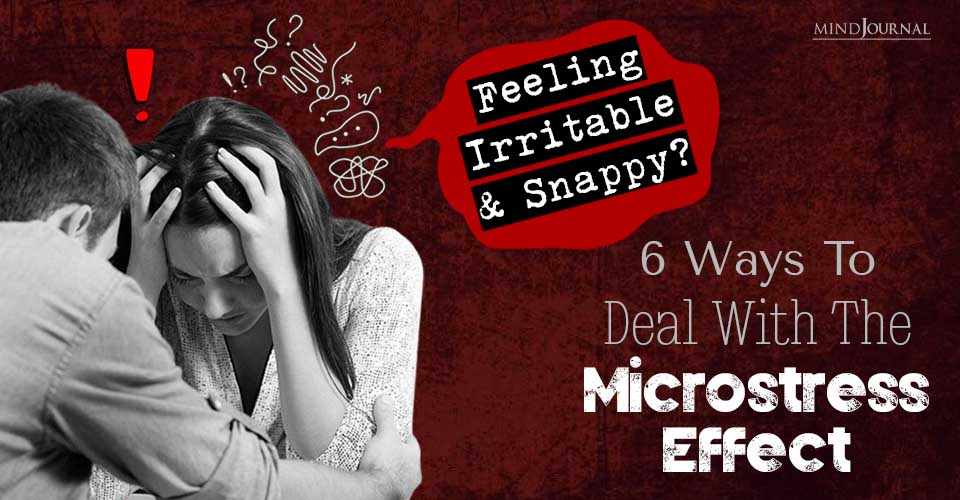Multitasking is a myth and this myth is dangerous.
Many in the workplace do believe that multitasking is a great thing. Even hiring and promotion decisions are often based on the alleged assessment of supposed multitasking skills. Particularly widespread is the belief that women are excellent at multitasking. Sadly, especially those who have to adhere to science being involved in important personnel decisions, like HR or general management, tend to blend themselves by pseudo-science, in particular by popular pseudo-psychology.
According to scientific evidence summarized by Dr. Guy Winch, multitasking is a myth and this myth is dangerous: multitasking increases chronic stress, depression, and anxiety, it decreases productivity and efficiency, leads to accidents, causes memory problems, and harms the brain, to mention a few issues.
For example, in Switzerland, multitasking and interruptions were reported to be top stressors for about half of the working population, according to the latest studies on stress and mental health by the State Secretariat for Economic Affairs of the Swiss Confederation and national charity Health Promotion Switzerland.
Neuroscience reveals that it’s impossible to do several things at the same time in a proper way because our brain is unable to handle several complex tasks simultaneously. This is supported by the evidence of the study conducted by the neuroscientists Dr. Etienne Koechlin and Dr. Sylvain Charron. Their research suggested that the brain splits into two hemispheres in order to handle two tasks and is unable to process more.

It is creatively painted by Gestalt concept: this is one of the typical Gestalt images using multistable perception, which demonstrates that you can perceive only a certain figure – either a face or the vase, but not both of them simultaneously at the same moment with the same attention.
What we humans tend to do as well is simplifying what seems complex and unfamiliar to us, according to Gestalt perceptual segregation. We do this subconsciously in order to create meaning, avoid uncertainty and danger. This may add to the possible explanation of the fact why multitasking does not work.
Read Multitasking: Why It’s Actually Bad For You And Your Kids









Leave a Reply
You must be logged in to post a comment.